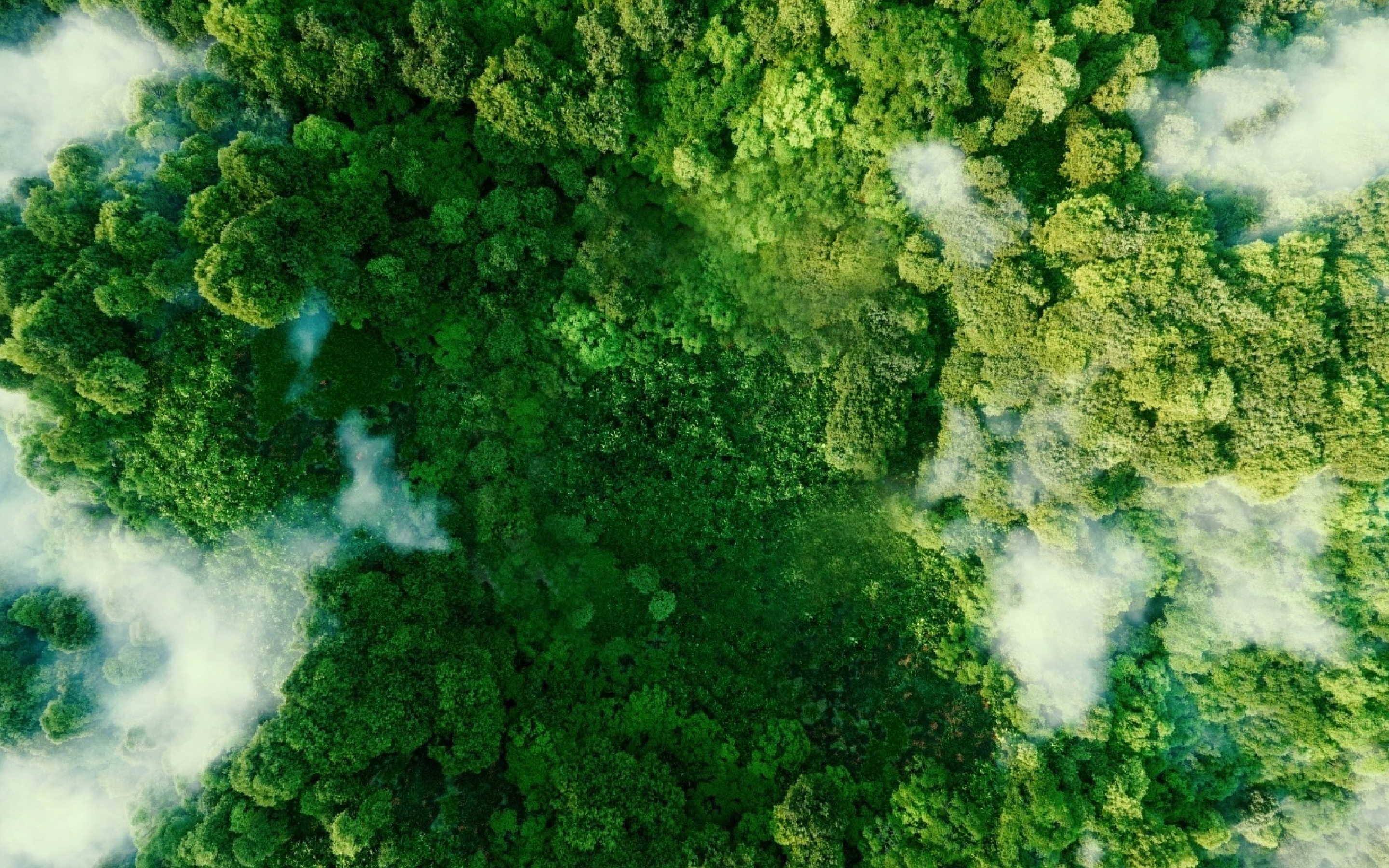Plastic recycling initiative to create zero waste and adding value through design to help conserve the environment

When talking about the current state of the environment, plastic waste is a problem close to us because we unknowingly dispose it every day. This ranges from plastic straws, plastic glasses, plastic cutlery, water bottles, leftover food containers, and plastic bags.
This crucially causes problems of overflowing waste in the city, affecting the environment in many different ways. Yet, people can easily help reduce waste by managing it the right way from waste sorting, adopting the ‘Circular Economy’ or 3Rs (Reduce, Reuse, Recycle) principles to using the Upcycling process, also known as creative reuse, which is the process of changing products from waste materials or unwanted products into new reusable products that has either artistic or environmental values.
As a leader in the retail sector reaching various groups of customers, Central Retail Corporation has always been aware of the challenges mentioned above and have used the circular economy initiative “Journey to Zero” as a means to elevate the value chain from upstream to downstream as an important guideline for using resources to maximum value and efficiency. This will also help promote the circulation of resources and endlessly reuse them in order to reduce waste and environmental impacts in the most sustainable manner.
The key to solve environmental problems is to ask people in all sectors to help cooperate in these initiatives formed. This starts from from educating both employees in the organization and customers to understand how to combat the problems of plastic waste, shortage of resources and environmental degradation in a sustainable manner. With this, the following projects were formed:

PET To Be PPE- creating and adding value to used plastic bottles by transforming them into PPE kits to prevent COVID-19
A project under Central’s main environmental “Journey to Zero” initiative that promotes plastic waste management by separating waste from the start and create added and reusable value. This project sees Pothiyalai Wat Chak Daeng Institute and partners in the waste management cooperation network Our Khung Bang Kachao help join forces with the “Separate bottles to fight COVID” project, where it encourages Thai people to help donate used PET plastic bottles and HDPE bottles in order to transform them into PPE kits to prevent COVID-19. These kits will be given to monks in 128 temples in order for them to perform religious services for bodies deceased from COVID-19 and also given to garbage collectors to reduce them being exposed to the virus. “PET To Be PPE” project has a goal of 10,000 kits being produced from recycling 200,000 plastic bottles, which overall will reduce greenhouse gas emissions of up to 45 Tons Co2e.

Bag for Life Project
Bag for Life plastic bags that are sold at Tops Supermarket and Family Mart uses the 3Rs (Reduce, Reuse, Recycle) innovation process to help manage the problem of plastic bag waste in the most comprehensive way. This starts from reducing the use of plastic pellets in the production process, which includes the design of plastic bags to be thicker in order to increase strength, durability and advocate customers to reuse them many times. In addition, when the plastic bags are reused to the point they are damaged or are too old, they can once again be recycled in the most ethical manner and reproduced into new ones, which follows the circular economy principles that maintains sustainable practices.

Apron made from plastic bottles
Central Retail Corporation and partners in the waste management cooperation network Our Khung Bang Kachao have collaborated with the Wat Chak Daeng community to support the recycling initiative of turning PET plastic bottles into 200 aprons that are used in the “Jing Jai Farmers’ Market”. Each apron are produced using 10 bottles, which is the production of new products using 100% recycled materials.
The company has given great importance to the management of plastic waste collected from communities and retail shops in the group, which are then creatively transformed into new materials and products that can be further utilized. This promotes circular economy principles, such as working with the Khung Bang Kachao community in collecting plastic waste and transforming them into new products ranging from cloth bags, clothes, hats, vases, plant pots, toys, and children furnitures. In addition to helping extend the life of materials and slowing down the generation of new waste, these Upcycling products are also sold at retail stores in the Central Retail network, which is another integral revenue channel to help the community.


